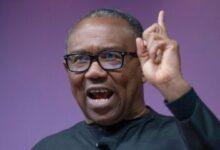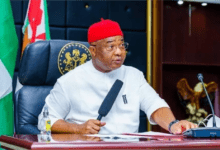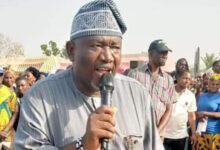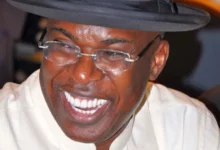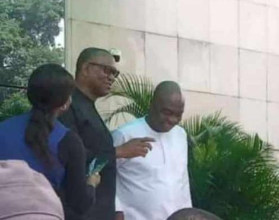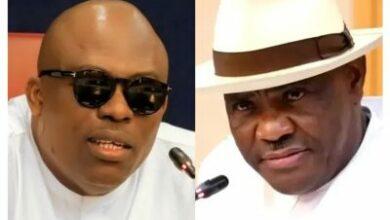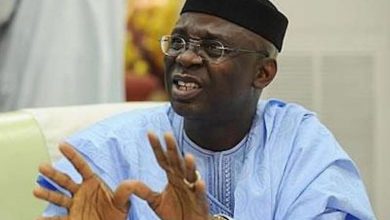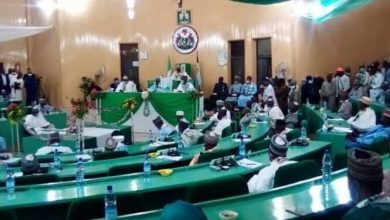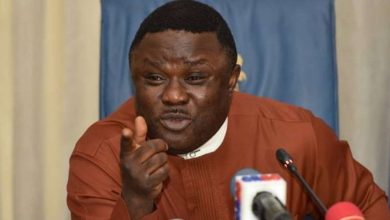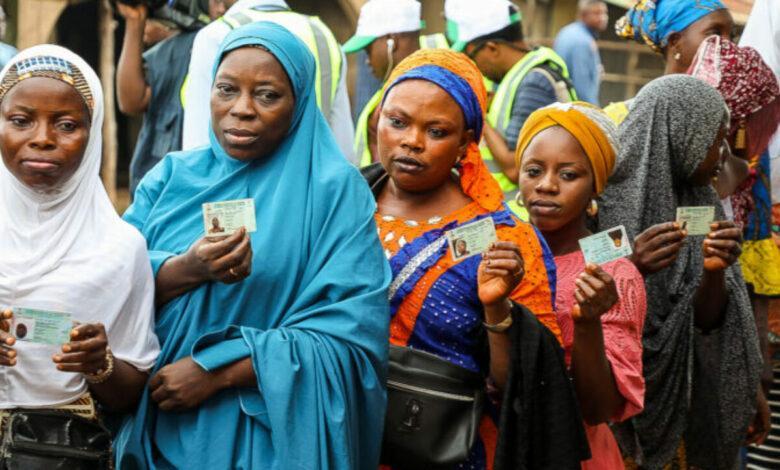
10 Factors Affecting Women’s Participation in Politics in Nigeria
Factors Affecting Women’s Participation in Politics in Nigeria – The participation of women in political activities is a crucial component of democratic representation and gender equality. Women have historically had a low representation in politics in Nigeria due to numerous obstacles standing in their way. Women make up half of the population, but they are disproportionately underrepresented in politics in Nigeria. This is concerning because women’s involvement in politics is essential to the growth of the country. Examining the various elements that have an impact on women’s political participation in Nigeria is crucial in this context. This includes attitudes that are ingrained in culture and society, a lack of access to resources and education, and a lack of assistance and role models for women in politics. The promotion of greater gender equality in the political sphere and efforts to increase women’s participation in politics in Nigeria can both benefit from an understanding of these factors.Information Guide Nigeria
Read Also: 10 Factors Affecting Human Capital Development In Nigeria
👉 Relocate to Canada Today!
Live, Study and Work in Canada. No Payment is Required! Hurry Now click here to Apply >> Immigrate to CanadaWhat is Politics?
The term “politics” (from the Greek: o, politiká, “affairs of the cities”) refers to a group of activities that are connected to group decision-making or other forms of power relations between people, such as the allocation of resources or status.
Overview of Nigeria’s Politics
Nigeria is a democratic federal presidential republic in which the president exercises executive authority. The President of Nigeria serves as both the head of state and the supreme military commander. The President is chosen by the general public and is given a four-year term that can be extended once. The Vice President, who serves as the head of government, is chosen by the President.Factors Affecting Women’s Participation in Politics
The executive, legislative, and judicial branches make up Nigeria’s federal structure. The Senate and the House of Representatives make up the legislative branch, while the Federal Court of Appeal, the Federal High Court, and the Supreme Court of Nigeria make up the judicial branch.
Read Also: 10 Factors Affecting Human Rights in Nigeria
Nigeria has a multi-party system, with the All Progressives Congress (APC) and the People’s Democratic Party serving as the two main parties (PDP). The PDP is viewed as a center-left party, whereas the APC is viewed as a center-right party.JAMB Portal
Political unrest and corruption have characterized Nigeria throughout its history. A number of military coups and attempted coups have occurred, and the nation has struggled to build stable democratic institutions. Despite these obstacles, Nigeria has recently made great strides toward democratization and has held a number of successful elections since 1999
The nation is distinguished by its numerous ethnic groups, languages, cultures, and religions. The political climate of the nation, where various racial and religious groups are represented in the government and political parties, also reflects this diversity.
Nigerian politics, in general, are intricate and multifaceted, with a history of unpredictability and corruption, but also with advancements toward democratization and representation of various groups. 15 Best Industries in Nigeria
👉 Relocate to Canada Today!
Live, Study and Work in Canada. No Payment is Required! Hurry Now click here to Apply >> Immigrate to CanadaHow Politics has Influenced the Economy.
Nigeria’s economy has been largely negatively impacted by politics, but there have also been some positive influences. For instance, some political figures have put economic measures into place designed to diversify the economy and lessen reliance on oil revenue. Additionally, a number of government programs have been put into place to support economic growth and development in the nation, including the Agricultural Transformation Agenda and the Nigeria Industrial Revolution Plan.6 Best Airtel 4g Mifi and their Prices in Nigeria
Additionally, Nigeria has made strides in combating corruption, a major obstacle to the country’s economic development. Government initiatives to combat corruption and advance transparency in the public sector include the establishment of the Economic and Financial Crimes Commission (EFCC) and the Independent Corrupt Practices and Other Related Offences Commission (ICPC).NYSC Portal
Additionally, some political leaders have put policies into place that encourage the growth of small and medium-sized businesses and draw in foreign investment, both of which have contributed to the creation of jobs and the acceleration of economic growth.
Read Also: 10 Factors Affecting Micro Teaching in Nigeria
While politics has generally had a negative impact on Nigeria’s economy, some political leaders have also implemented measures that have helped the nation’s economy grow and develop. JAMB Portal
Women’s Participation in Politics
The percentage of women in politics in Nigeria has historically been low. However, the number of women seeking political office and occupying governmental positions has increased recently. Despite these advancements, women continue to face significant obstacles to participation, such as a lack of resources and support and cultural perceptions of women as less capable leaders. A further obstacle to women achieving power is Nigeria’s electoral system, which is heavily influenced by political parties and patronage. There have been a number of initiatives and programs, including quota systems and training programs for female candidates, aimed at increasing women’s participation in politics to address these issues. JAMB Result
Read Also: 10 Factors Affecting Inter-group Relations In Nigeria
Factors Affecting Women’s Participation in Politics in Nigeria
- Cultural and traditional gender roles: In Nigeria, women are frequently expected to put their domestic duties before their involvement in politics. 200 romantic love message for her
- Lack of financial resources and education: Many Nigerian women lack the financial means and education necessary to engage in politics.
- Political violence and insecurity: Because women may worry about their safety, political violence and insecurity may discourage them from getting involved in politics.
- Access to political networks and resources may be restricted for women in Nigeria. These networks and resources are necessary for political participation.
- Corrupt politicians are common in Nigerian politics, which can make it challenging for women to run for office because they might lack the financial resources necessary to compete with them.
- Women in Nigeria do not have adequate legal protection or political representation, which can make it challenging for them to get involved in politics.
- Access to the media may be restricted for women in Nigeria, which can make it challenging for them to spread their political message.
- Lack of pro-women political parties and interest groups: In Nigeria, pro-women political parties and interest groups are scarce.105 good morning messages
- Few female role models and mentors in politics: Many women in Nigeria lack these resources, which can make it challenging for them to picture themselves in political leadership positions.
- Women in Nigeria frequently experience gender bias and discrimination, which can make it challenging for them to get involved in politics.
Read Also: 10 Factors Affecting Inter-group Relations In Nigeria
Conclusion.
In conclusion, women have historically had a low level of political participation in Nigeria, but there has been some progress in recent years. Despite this development, there are still many obstacles that women must overcome in order to engage in politics, such as cultural norms as well as a lack of resources and support. There have been a number of initiatives and programs, including quota systems and training programs for female candidates, aimed at increasing women’s participation in politics to address these issues. However, Nigerians continue to have serious concerns about the obstacles and challenges to women’s political participation.
Check JAMB RESULT
Check and Confirm: How much is Dollar to Naira
